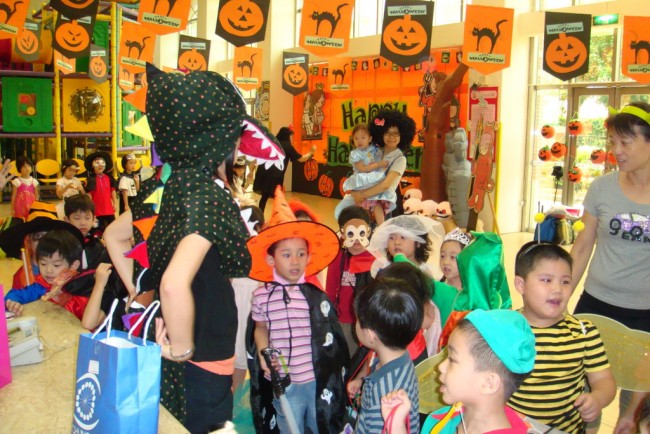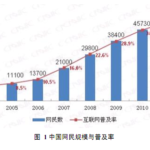The market of kindergarten in China: pricing, market-sizing and potential
The market of kindergarten in China: pricing, market-sizing and potential
The conclusion is clear and known from the Chinese government: China sorely lacks kindergartens. By 2020, according to most population experts, China plans to enroll 40 million kids in crèches. Our focus is on the market of kindergarten in China.
When the supply struggles to meet demand: the market of kindergarten in China are unbalanced
There are two sorts of kindergartens in China: Government-run kindergarten and private kindergartens. Among the government-run; there are the official kindergartens (Jiguan) and the other, public (Gongli).
Market-sizing: growing demand
Depending on the classification used, we estimate that there are more than 190 000 kindergartens in China as of January 2014.
– The private kindergartens represents more than 60% of the total market of kindergarten in China, while the rest being government-run kindergartens.
– In term of enrolment, population experts expect near 34 million
The gross enrolment rate at one year prior to compulsory education should is estimated to rise from 81% now, to 85% in 2015, and 95% in 2020.
Market-sizing: demand for kindergarten in Beijing, Shanghai and Tianjin is growing
There is strong lack of public kindergartens in first-tier city (Beijing, Tianjin, Shanghai and Guangzhou) compare to second and third-tier city.
Further, we expect higher demand for private kindergarten in first-tier city in the coming years due to the migrant-worker willing to move to the main urbanized cities and raise their child in better conditions.
Regarding the public kindergarten in first-tier cities, they offer much better service quality than those in second and third-tier city. Indeed, government related education expenditure can reach five times more in Beijing than in Yunnan for instance, according to data from the Ministry of Education in 2012 on market of kindergarten in China.
Prices are consistent with the demand and supply theory
In Beijing, for instance, while government-run kindergarten charge around 1000-1500RMB/month, private kindergarten offer charge above 2500RMB/month. The reason is because of the rent cost in first-tier city as well as because of the shortage in supply. In second and third-tier cities, prices tend to be between 10 – 20% below.
Bokai, Jinseyaolan, Juijia, Xiaoiujin are example of private leading chain kindergartens. “The Earth Kindergarten” is the earliest foreign kindergarten to enter China.
International kindergartens often charge above 5000RMB/month which is almost equivalent to the median salary in a first-tier city and equivalent to one year tuition at college. Standards are usually around average for the market yet prices are often way above average.
Due to shortage, the market of kindergarten in China has an inelastic demand in first-tier cityand elastic demand in second and third cities: one of the reasons being that in rural area, parents tends to live with grandparents who take care of their little child, for instance.
Opportunities on kindergarten market in China
There is possibility to benefit from economic development level within province and inter-provinceboth for private providers and government which itself has published several reports (“Regulations on The Management of Kindergartens”).
– For the government, there is need to adjust the inequality between provinces in term of government expenditure allocation. Corruption should also be stopped as too often, parents with connection or willing to bribe, obtain much chance than others.
– For private kindergartens, there is growing need in first tier city but the
competition is getting fierce. The big names referenced above have already strong market share. The market is more concentrated in first-tier city than in third-tier city.
As matter of fact, well branded educational institutions are expected to be the market winners in an environment of intensive competition.
Chinese are looking for differentiation and sociability development in term of teaching. There is also more demand on the assessment of teacher’s performance.
Furthermore, effective teaching strategies, clear and accurate instruction are also primordial to parents.
Although the kindergarten market is growing rapidly, many bad news came up over the last months from kindergartens tempted to make easy profit by faking employees’ references, to drug scandal at Fanglin kindergarten in Changchun. As matter of fact, parents are now taking more precautions when choosing a kindergarten.
Going forward, the challenging business of kindergartens still has a long way to go.
Sources:
http://www.rnrmarketresearch.com/china-kindergarten-industry-report-2013-market-report.html
http://www.chinadaily.com.cn/china/2014-03/15/content_17349642.htm
















